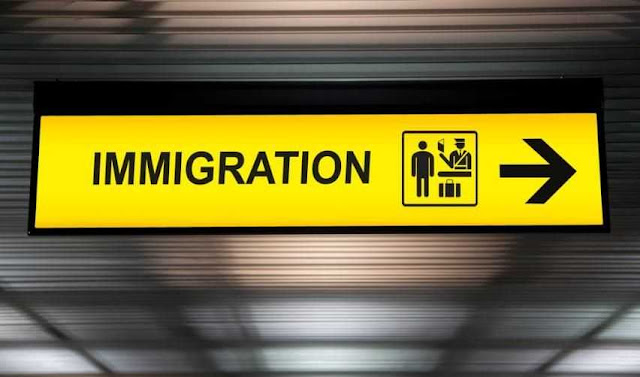Understanding the Complexities of Immigration Policies and Debates in France
In recent years, immigration has emerged as a pressing topic of discussion and debate in France. As a nation with a rich history of cultural diversity, France has grappled with the challenges and opportunities that immigration brings. This article aims to provide a comprehensive and objective analysis of the immigration policies in France, considering viewpoints from both the left and the right political spectrum.
To understand the current state of immigration policies in France, it is essential to delve into the historical context. France has experienced significant waves of immigration, particularly during the post-World War II period. The influx of immigrants from former French colonies, such as Algeria, Morocco, and Tunisia, has shaped the demographic landscape of the country.
Key Immigration Policies:
France has implemented various immigration policies to manage the inflow of immigrants. These policies include:
a. Immigration Laws: France has a legal framework governing immigration, which establishes criteria for entry, residency, and naturalization. These laws aim to strike a balance between preserving national identity and promoting integration.
b. Integration Programs: The French government has initiated integration programs to facilitate the assimilation of immigrants into French society. These programs encompass language courses, cultural orientation, and access to employment and social services.
c. Border Control and Security: France has implemented measures to strengthen border control and enhance security, particularly in response to concerns regarding illegal immigration and terrorism.
Perspectives from the Left:
The left-wing political parties in France generally advocate for inclusive and humanitarian immigration policies. They emphasize the importance of promoting social cohesion, respecting human rights, and providing equal opportunities for immigrants. Left-leaning parties often argue for relaxed immigration regulations, increased support for asylum seekers, and comprehensive integration programs. They highlight the positive contributions of immigrants to the cultural and economic fabric of France.
Perspectives from the Right:
Right-wing political parties in France tend to adopt a more restrictive approach to immigration. They prioritize national security, cultural preservation, and economic considerations. Right-leaning parties often advocate for stricter border controls, reduced immigration quotas, and more rigorous requirements for naturalization. They express concerns about the potential strain on public services and the perceived threats to French identity and values.
Finding Common Ground:
While there are clear differences between left and right perspectives on immigration policies, it is crucial to identify areas of potential common ground. Both sides agree on the need for effective border control, combating illegal immigration, and fostering integration. By recognizing shared objectives, policymakers can work towards comprehensive and sustainable solutions.
The issue of immigration in France remains a topic of significant debate, with diverse viewpoints from across the political spectrum. This article aimed to provide a professional and objective analysis of immigration policies, considering perspectives from both left and right-leaning parties. By understanding the complexities of immigration policies in France, policymakers can strive to create inclusive, fair, and effective frameworks that address the challenges and opportunities presented by immigration.

